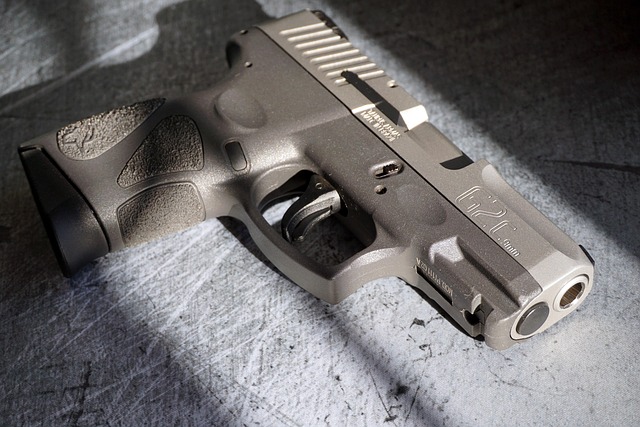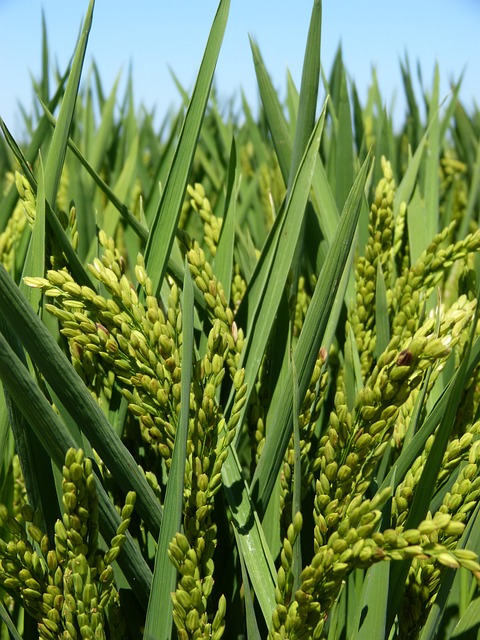This text explores the contrasting effects of Delta-9 THC and CBD, both cannabinoids found in cannabis plants. Delta-9 is known for its psychoactive properties, inducing euphoria and altering perception, while CBD lacks these effects but offers therapeutic benefits without intoxication. Personal preferences and needs are crucial when deciding between them. Delta-9 provides a traditional cannabis experience with potential relaxation or creativity boosts but may cause anxiety; CBD promotes calmness and pain relief without altering consciousness, suitable for specific ailments. Researching individual reactions is essential before choosing between Delta-9's intoxicating effects or CBD's therapeutic benefits.
Unsure about Delta-9 THC versus CBD? This guide helps you navigate the difference between these popular cannabinoids. We break down the key distinctions and similarities, delving into their effects, benefits, and potential uses. Understanding your options is crucial when making an informed choice about which one suits your needs best. Let’s explore what science tells us about Delta-9 THC and CBD to empower your decision-making process.
- Understanding Delta-9 THC: Effects and Considerations
- Exploring CBD: Its Benefits and Potential Use Cases
- Comparing the Two: Key Differences and Similarities
- Making an Informed Choice: Factors to Consider for Personal Preferences
Understanding Delta-9 THC: Effects and Considerations

Delta-9 THC, often simply referred to as Delta-9, is a potent cannabinoid found in cannabis plants. It’s known for its psychological effects, which include alterations in mood, perception, and consciousness. When consumed, Delta-9 binds to endocannabinoid receptors in the brain, triggering a range of experiences that can vary widely among individuals. These effects may include euphoria, heightened sensory awareness, relaxation, or even anxiety and paranoia, especially with higher doses.
Understanding Delta-9’s impact is crucial when considering its use. Long-term effects of regular consumption are still being studied, but research suggests potential risks such as cognitive impairment and mental health issues. It’s important to be mindful of dosage and strain selection, as different varieties of cannabis have varying levels of Delta-9 concentration. Additionally, individual responses can differ significantly based on factors like tolerance, overall health, and personal preferences.
Exploring CBD: Its Benefits and Potential Use Cases

CBD, or Cannabidiol, has gained significant attention in recent years as a natural compound derived from the cannabis plant. Unlike its more well-known counterpart, Delta-9 THC, CBD does not produce a psychotropic effect, making it a popular choice for individuals seeking the potential therapeutic benefits without the mind-altering effects.
The benefits of CBD are vast and varied, ranging from reducing anxiety and stress to potentially aiding in pain management and sleep improvement. Its non-psychoactive properties make it suitable for a wide range of use cases, including topical applications for skin conditions, oral supplements for overall wellness, and even veterinary products for pet health. As research continues to explore the full potential of CBD, many people are discovering its advantages as a natural approach to supporting their overall well-being.
Comparing the Two: Key Differences and Similarities

Delta-9 THC and CBD are both cannabinoids found in cannabis plants, but they have distinct characteristics that set them apart. While Delta-9 is known for its psychoactive effects, inducing feelings of euphoria and altering perception, CBD lacks these properties and is primarily recognized for its potential therapeutic benefits. It does not affect cognitive functions or cause the same level of intoxication as Delta-9.
Despite their differences, they share some similarities. Both interact with the endocannabinoid system in the body, which regulates various physiological processes. They can be consumed in similar forms, such as oils, edibles, or vapes. However, the key difference lies in their effects: Delta-9 offers a more intense experience, while CBD provides potential relief without altering consciousness.
Making an Informed Choice: Factors to Consider for Personal Preferences

When choosing between Delta-9 and CBD, it’s crucial to consider personal preferences and individual needs. Both compounds offer unique effects, so understanding their differences is key. Delta-9, often known for its intoxicating properties and ability to induce euphoria, provides a more traditional cannabis experience. It can be appealing to those seeking relaxation or a boost in creativity but may not be suitable for everyone, especially those with anxiety or paranoia.
On the other hand, CBD (Cannabidiol) has gained popularity for its potential therapeutic benefits without the psychoactive effects. It’s known to promote calmness and may offer relief from pain, inflammation, and certain psychological conditions. For individuals looking for a subtle yet effective relaxation aid or natural remedy for specific ailments, CBD could be the preferred choice. Personal experiences vary, so it’s essential to research and understand your own reactions to these compounds before making an informed decision.
When it comes to choosing between Delta-9 THC and CBD, understanding their distinct properties is key. While Delta-9 offers potent psychological effects, CBD is known for its non-intoxicating properties and wide range of potential therapeutic benefits. Ultimately, the right choice depends on your individual preferences and desired outcomes. Consider factors like desired level of intoxication, intended use cases, and any specific health concerns to make an informed decision about which option aligns best with your needs.
